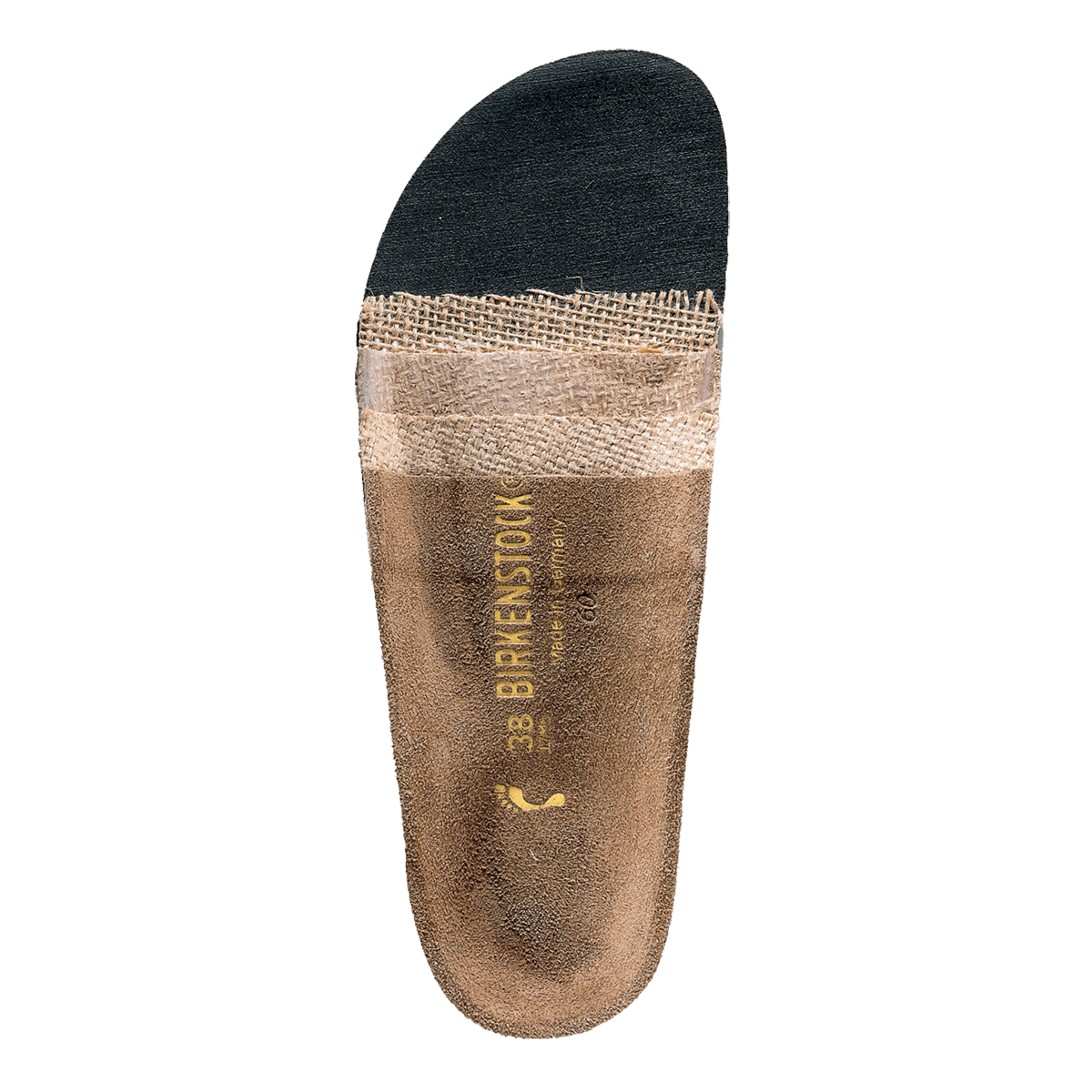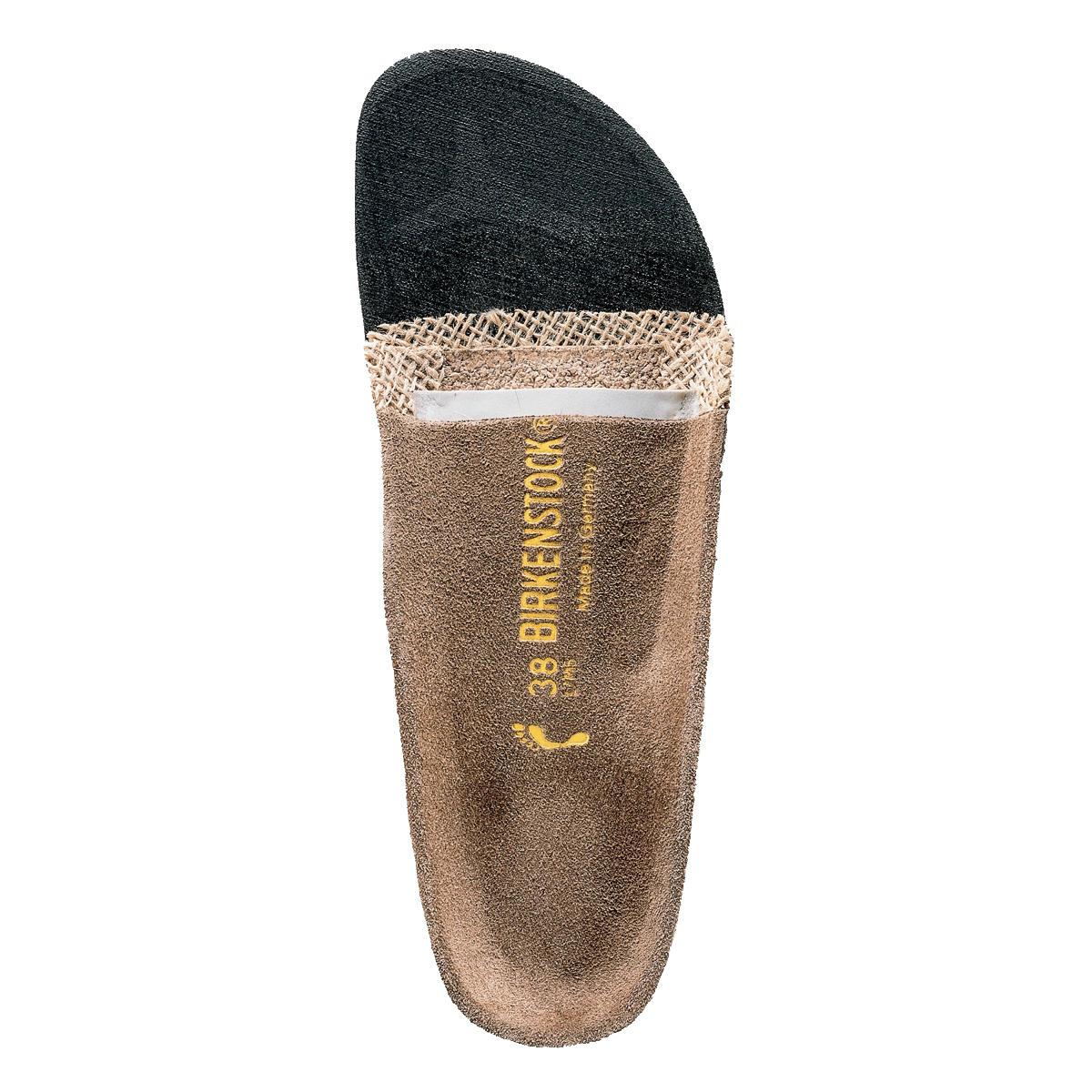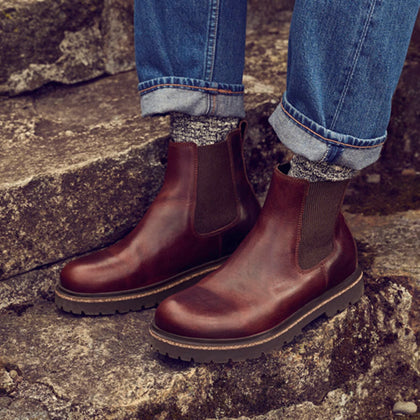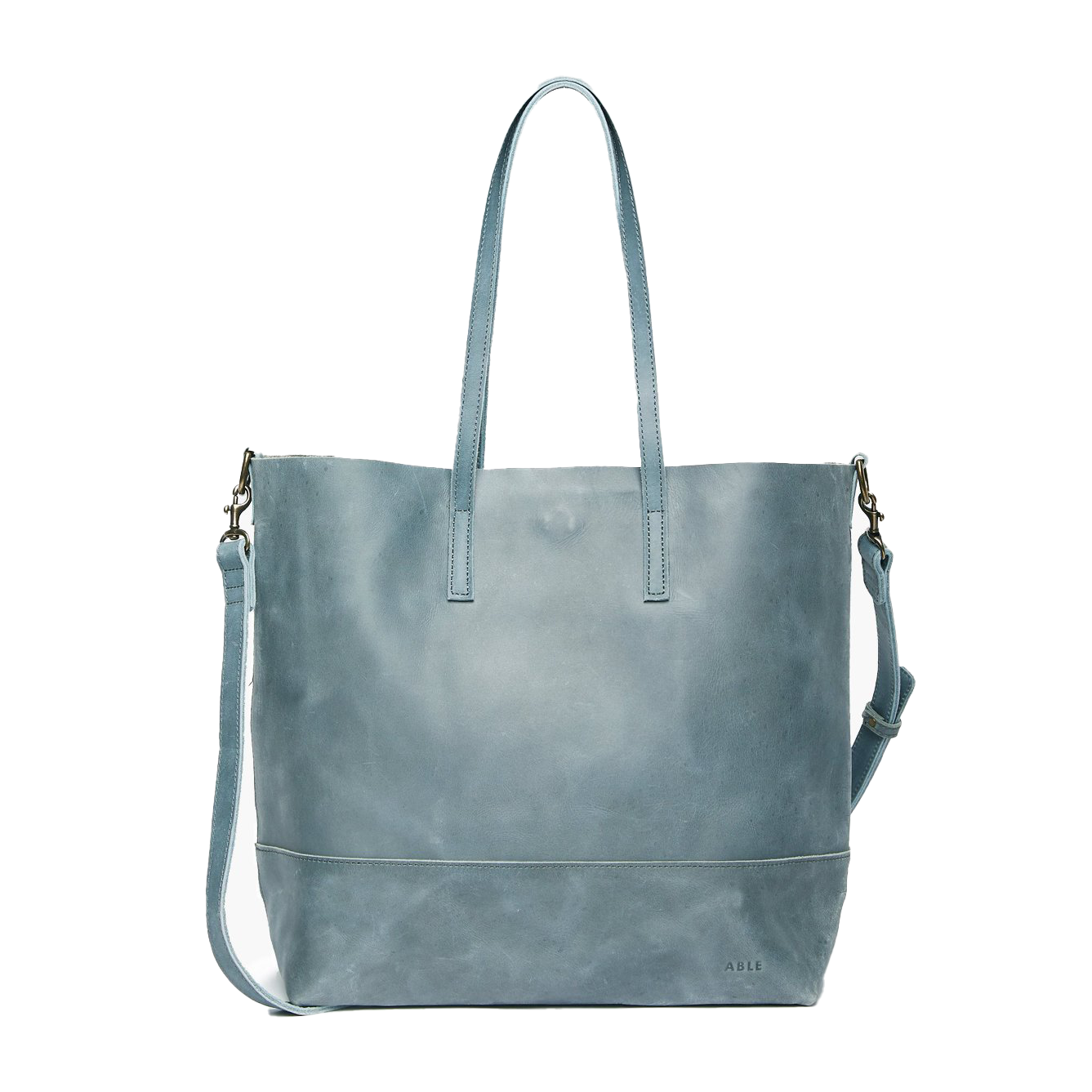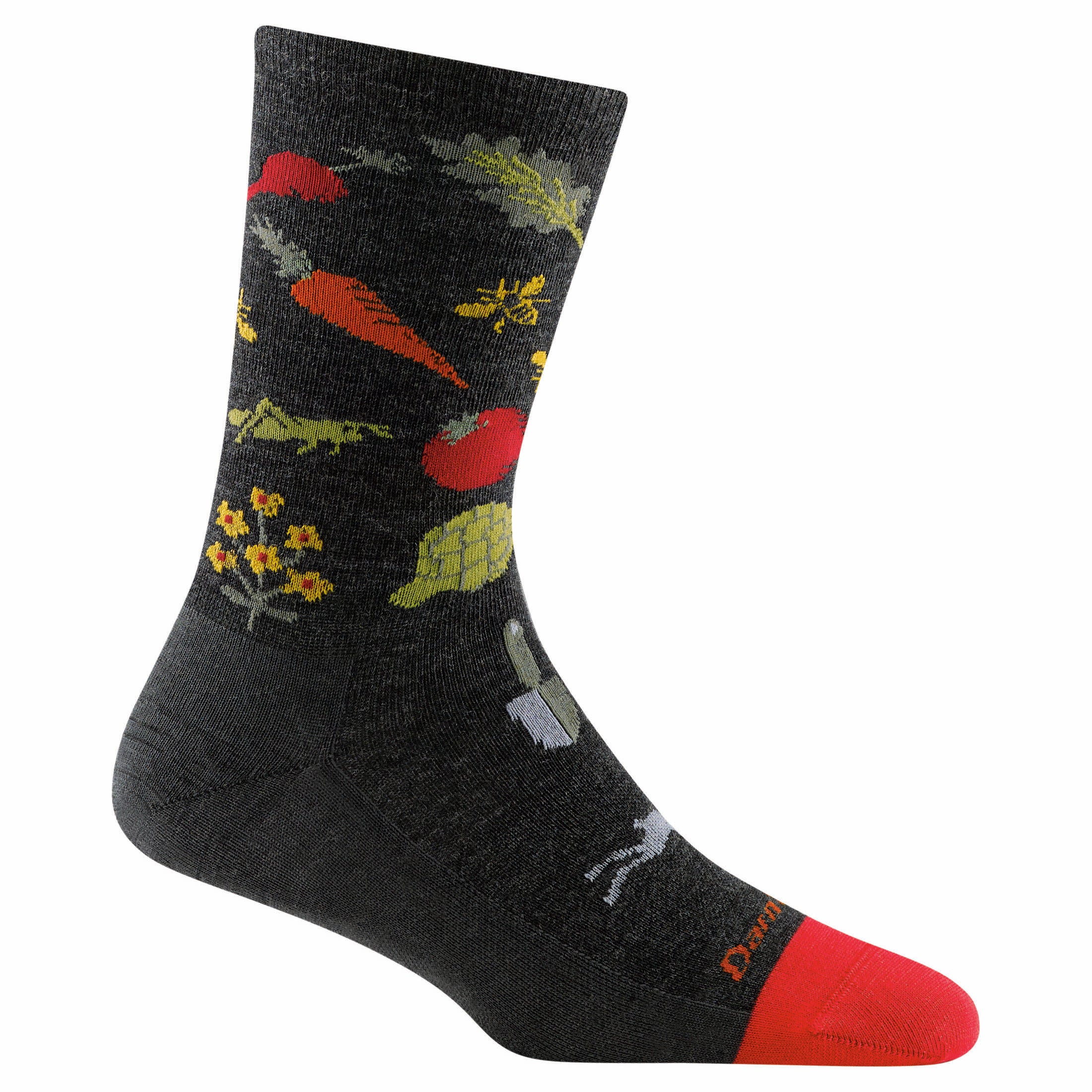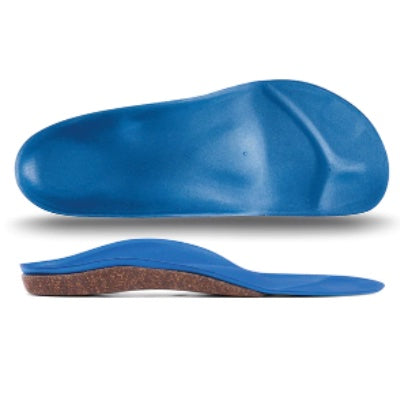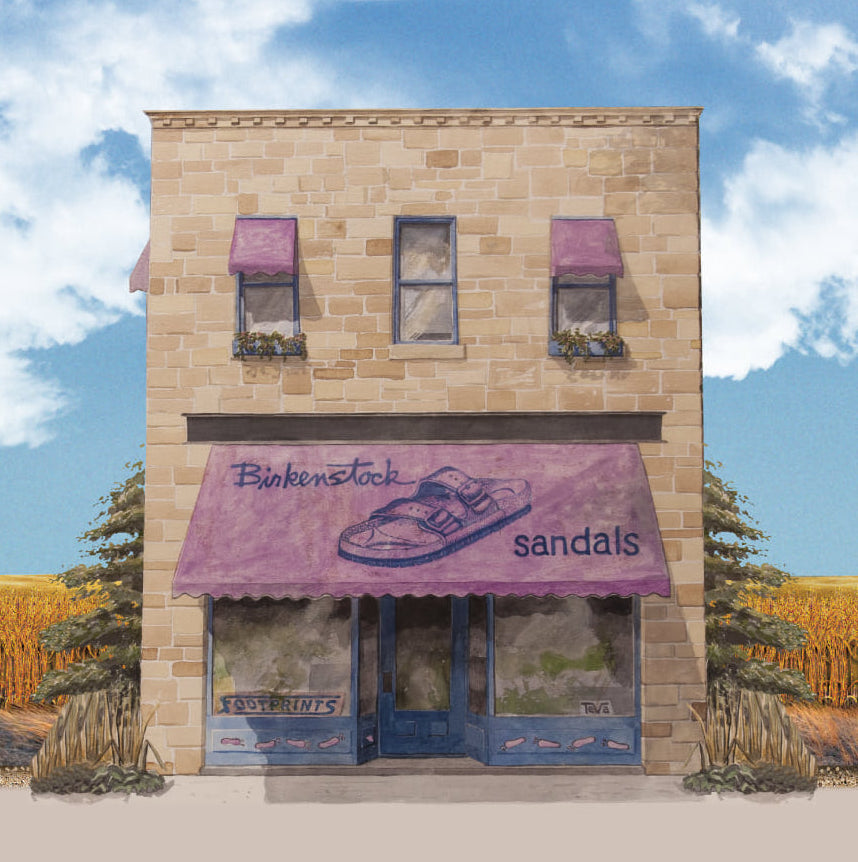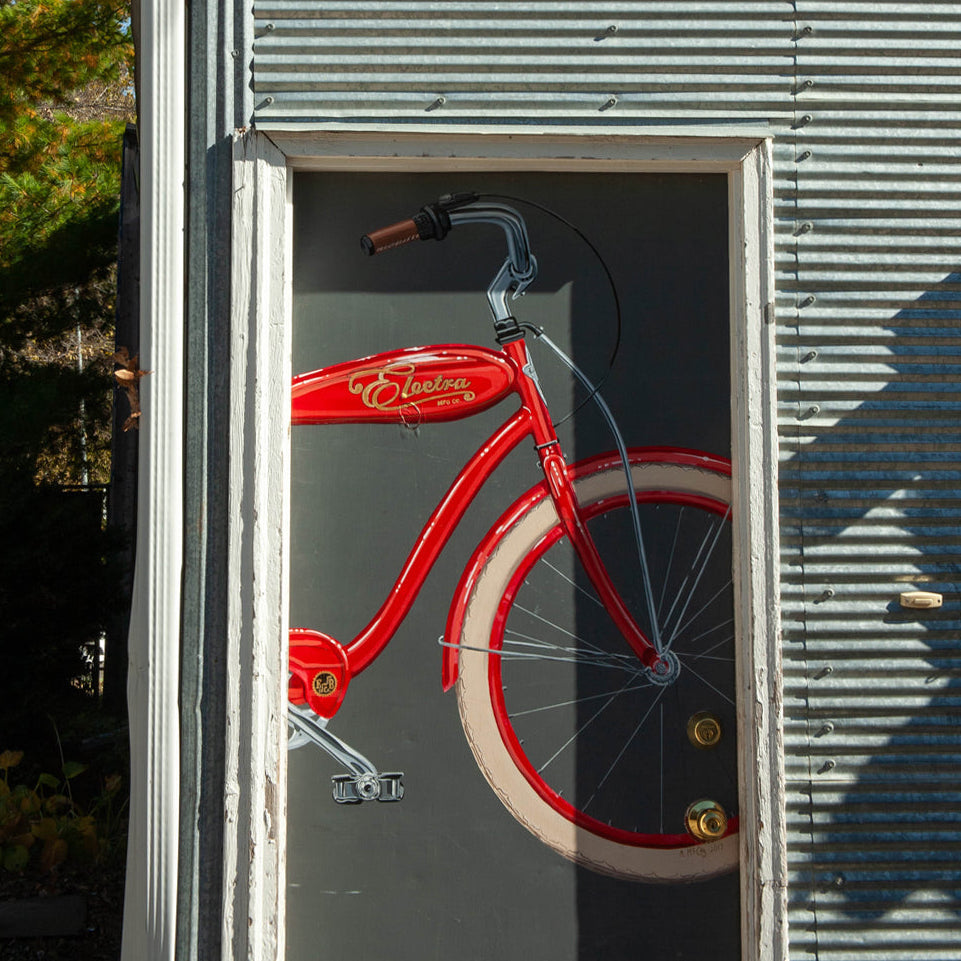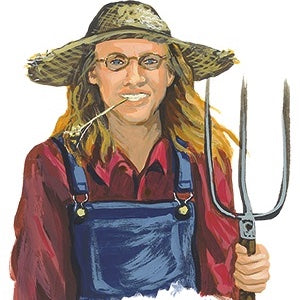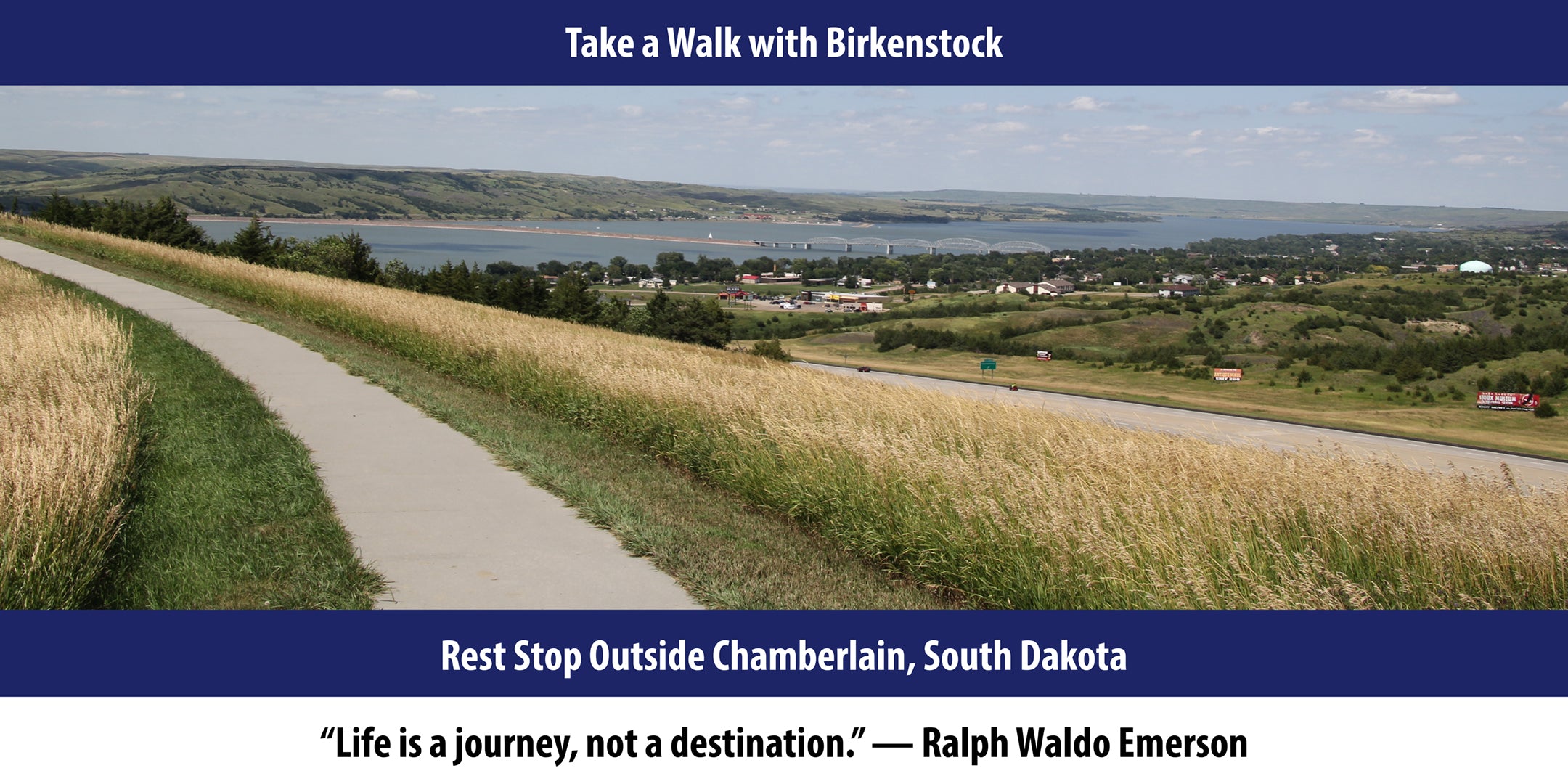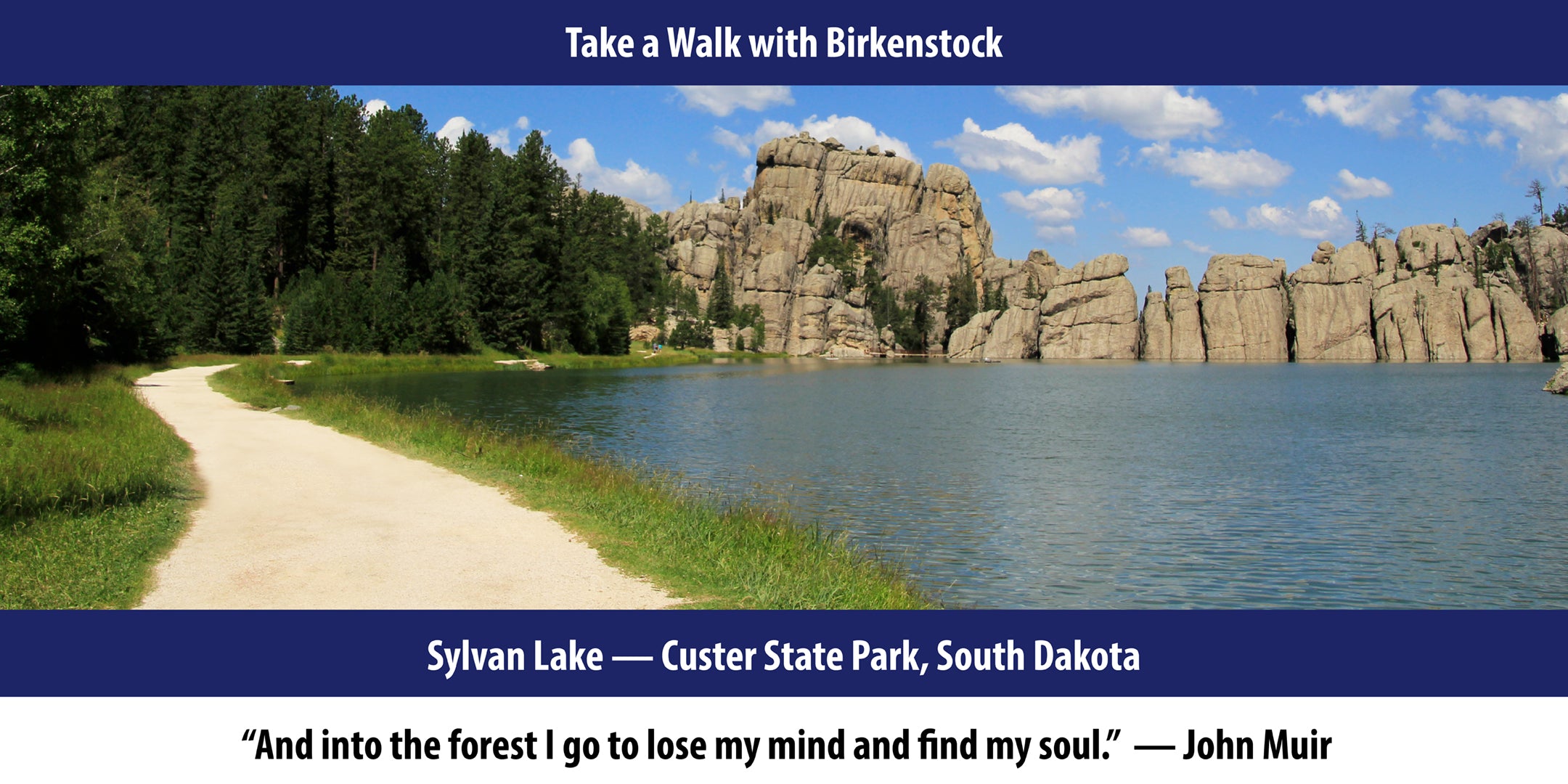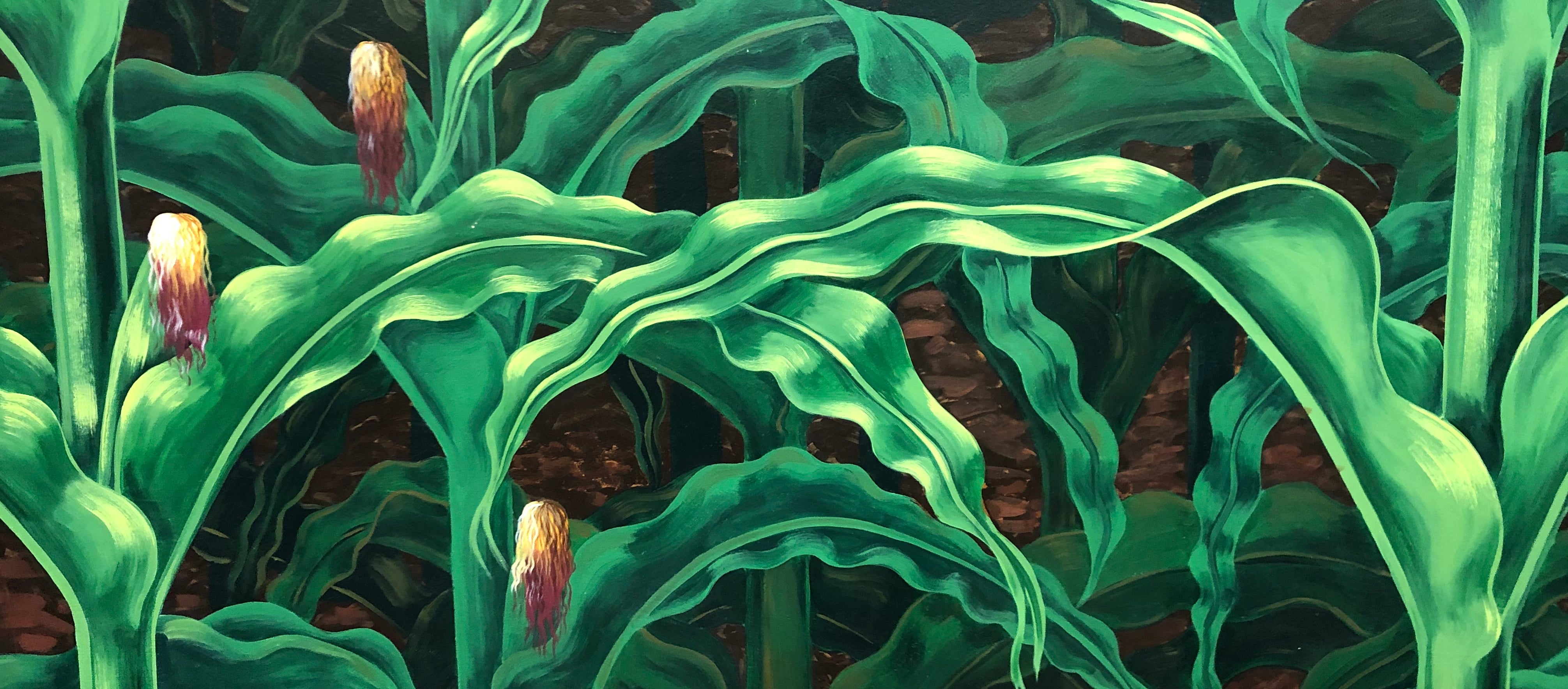When Zebulon Pike traipsed across Kansas in 1805 at the behest of Thomas Jefferson to explore and explain the newly acquired Louisiana Purchase, Pike described our state and our neighbors north and south as the "Great American Desert". The moniker stuck. For decades the settlement of our state was stunted by his negative assessment. True: rainfall is scarce west of the 100th meridian. However, there are crops like wheat which can do well in a semiarid climate. What Pike could not know was that the world's largest aquifer, the Ogallala Aquifer, was right below his feet. Irrigation transformed the plains states into the world's breadbasket. However vast the aquifer is, it simply cannot recharge fast enough. It is being sucked dry. So farmers who are good stewards of the land are finding more sustainable methods to farm. When farmers gather in town for supplies, conversation usually starts out about moisture and ends with moisture. Success hinges on moisture management. Farming has always been a gamble. They have to adapt and will.
The combine crews are wrapping up the harvest here in Kansas. They are heading north. Fortunately it rained after the combine cut the wheat. They left the stubble behind. The practice of no till farming leaves the stubble in place, avoiding plowing. The practice avoids erosion, maintains organic material, conserves moisture and is more profitable.
The sight of thousands of acres of golden wheat set against an endless blue sky is awe inspiring. Imagine the satisfaction of a job well done as grain trucks haul thousands of bushels off to elevators. This moment is what makes the surrounding rural communities possible. It is a moment of celebration. The pot of gold at the end of the rainbow is only accessible along the path of sustainability.
Take a walk with Birkenstock.

Photo credit: Amber Harden

